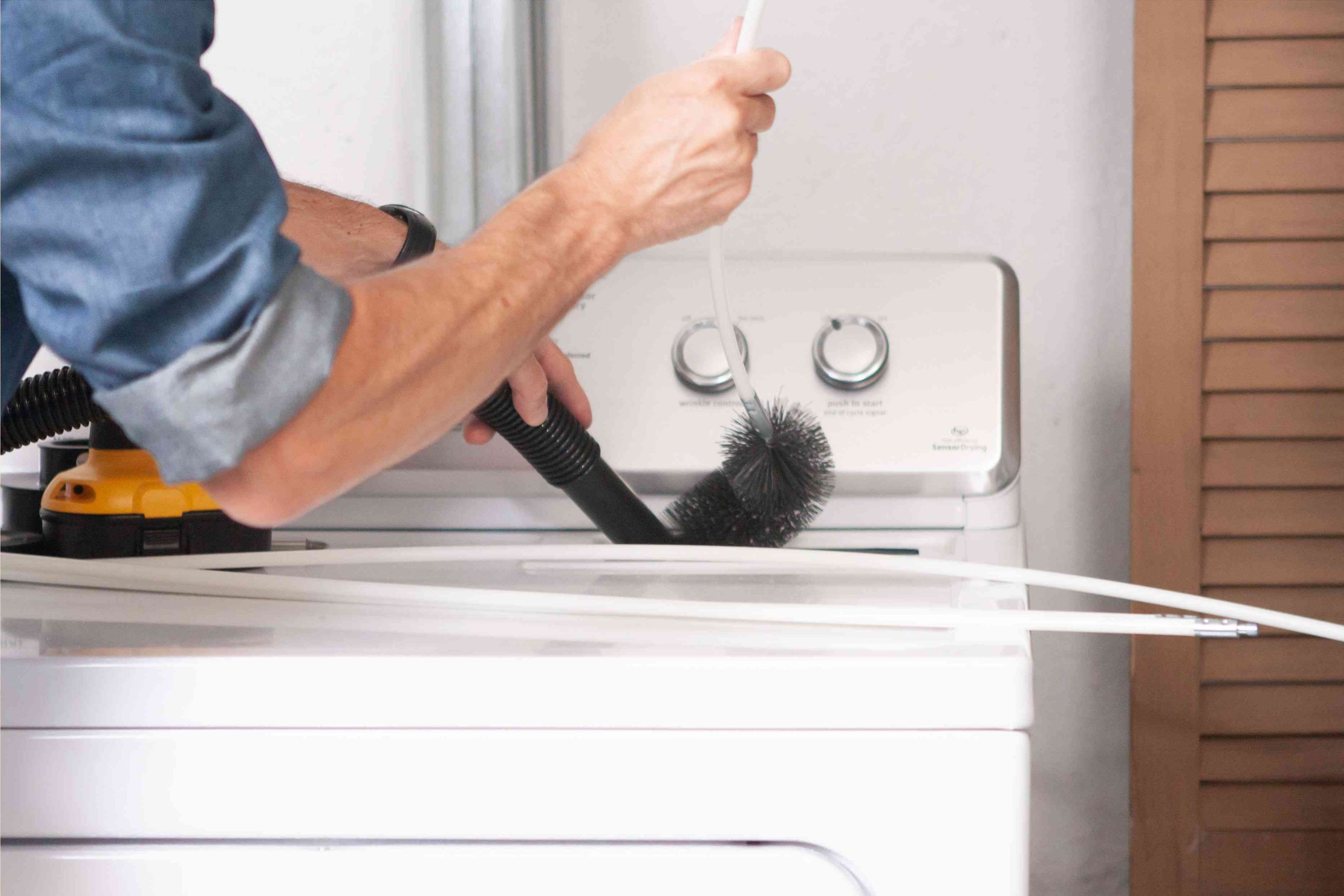Thoroughly cleaning your dryer vent regularly helps reduce fire risks, improve efficiency and extend the life of your dryer. However, to maintain these benefits, ensuring all openings and gaps in the vent are properly sealed after cleaning is crucial.
Why Sealing is Important
Dryer vents accumulate lint from trapped particles in laundry exhaust air. While cleaning removes built-up lint, any openings or unsealed jointsallow new lint and debris to re-enter the vent. Over time, this leads to:
- Faster lint buildup, negating the results of your last cleaning.
- Blockages forming again, causing the same drying and venting issues.
- An increased fire risk from accumulated lint near heat sources.
Common Areas to Seal
Dryer vents have several potential openings and seams that require sealing after cleaning:
- Joints where multiple vent sections connect.
- Any tears or holes in the vent ductwork itself.
- The vent exit point where the duct penetrates an exterior wall.
- Areas where the vent passes through ceilings and floors.
- The gap between the dryer hose and actual vent duct.
Materials for Sealing Openings
Professionals use different durable materials when sealing openings in dryer vents:
- Vent tape – An aluminum foil tape specially made to seal joints in vent ductwork.
- Duct putty – A putty made from aluminized cloth and high-temperature caulk to seal around vents.
- Aluminum duct seam sealer – Liquid sealant for screw holes and seams that dries quickly and flexibly.
- Weatherstripping – For sealing gaps between the dryer hose and duct connection.
Inspecting and Resealing Periodically
Sealed openings may loosen over time, particularly at connections with hose clamps.To maintain the benefits of your cleaning:
- Inspect vent ductwork annually for openings and loose seals.
- Reseal any areas where tape or putty has cracked, separated or fallen out.
- Ensure weatherstripping and caulk around wall penetrations remains intact.
In conclusion, properly sealing openings and joints in your dryer vent after a professional cleaning is essential to avoid the need to have it serviced again prematurely.

